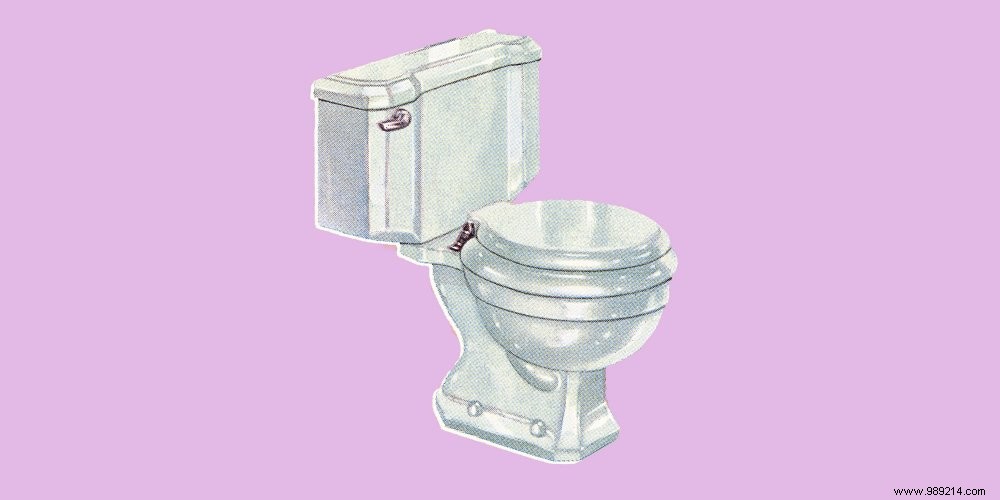 Smelly toilets, fear of being heard through the door or leaving odors… 2 out of 3 women refrain from defecating in a public place or at work, and sometimes even at home. However, not evacuating your stools at the right time is not without consequences for your health.
Smelly toilets, fear of being heard through the door or leaving odors… 2 out of 3 women refrain from defecating in a public place or at work, and sometimes even at home. However, not evacuating your stools at the right time is not without consequences for your health. A princess never poops, it is well known. Having integrated this taboo from an early age, many women feel ashamed to go to the toilet. Result:they often avoid doing the big errand for fear of being imagined on the throne.
61% of French women are thus embarrassed to have a bowel movement in a public place, compared to 47% of men, according to an Ifop survey of April 2021 carried out for the company Diogenes. 60% do the same at their workplace, 57% with friends and 51% at home when people are near the WC. Yet expelling excrement is as vital as drinking, eating or breathing. Renouncing it can generate more or less significant troubles.
People with parcopresis , the name given to this social anxiety that leads to holding back, often find themselves bloated. Not being evacuated when the urge is felt, the feces indeed accumulate in the large intestine, which generates discomfort, causes pain and inexorably swells the belly. But that's not all.
Stools that remain in the rectum for a long time end up hardening, as the intestinal wall gradually reabsorbs the water that is there. Constipation - called terminal - is then likely to develop, as well as hemorrhoids if the person must regularly exert a strong push to eliminate the dried stools. A fissure in the anus can also appear when the mucous membranes are weakened.
Also, the end of the rectum (the rectal ampulla) may get used to being regularly dilated. Result:it becomes less and less sensitive and loses its ability to trigger the signal of pressing need. His possibilities of contractions are also reduced, hence an increased difficulty in getting rid of his stools.
Video of the day:When too much dehydrated excrement is stored, a plug can form. Doctors talk about fecal impaction . This pathology may require rapid medical treatment if the obstruction is prolonged and the volume of stool not eliminated becomes significant. Nausea, vomiting and abdominal pain are generally associated, sometimes even a false diarrhea when the passage of liquid remains possible. Some persistent faeces can weigh up to a kilo!
This plug should not be taken lightly because some cause intestinal obstruction, which requires emergency surgery. Others can induce venous thrombosis if the plug compresses a vein in the lower abdomen. An artery supplying a leg can also be compressed by this recalcitrant clump of fecal matter.
If in doubt, do not hesitate to consult a doctor. Catched in time, a faecal impaction is easily treated with enemas that will soften the stool.
Read also: